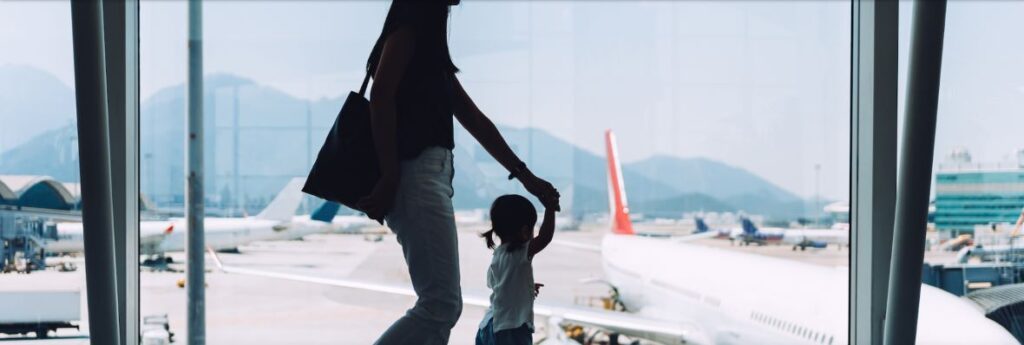In today’s time of turbulence (pandemic, inflation, political turmoil), travellers are increasingly focussed on a positive experience – more so than cost – when it comes to booking their travel, says new research from Expedia Group.
“Consumer behaviour continually changes, but the volatility we have experienced over the past few years has brought this into even sharper focus,” says Expedia Group VP Julie Kyse. “All industries are having to adapt to these changes and re-examine how they meet consumer needs and wants, and the travel industry is at the front and centre of this transformative time of change.”
Kyse acknowledges that cost will always be a factor in consumers’ travel decisions, but she claims, “Having a positive traveller experience has increasingly proven to be the central factor in whether customers will choose the same airline, hotel, or cruise line – or use the same… travel agency for repeat business.
“As with the satisfaction that comes with booking the lowest fare, travellers now want that same satisfaction of having a high-quality experience throughout their travel journey,” she adds.
To that end, Expedia has released its 8th annual Air Travel Hacks Report for 2023, offering the latest trends and tips to save time and money on flights. Created in partnership with Airlines Reporting Corporation (ARC), the study leverages insights from Expedia’s global air ticketing database to reveal such insights as the best day of the week to book a flight at the lowest price, how to minimize the risk of being impacted by delays and cancellations, and tools for finding the best fares.
“The creation of demand through tips and tricks such as these is important across the whole industry, particularly for flights, as we move through the pandemic and into recovery,” says Kyse.
Takeaways from Expedia’s research, to be fully released in November, includes:
• Travellers revealed strong preferences toward flexible rates and fares that can be changed without a fee
• Around half of consumers say they would never book non-refundable lodging (47%) or transportation (51%) domestically, even if it was discounted
• Even more would refuse non-refundable lodging (57%) and transportation (59%) when travelling internationally
Kyse says travellers are welcoming changes in many airline policies, ranging from flexible itineraries to enhanced loyalty incentives, and better systems and processes around fees, cancellation policies and refunds.
She notes that by doing things differently (than in the past), airlines are an example of how “shifting our approach to enhancing the traveller experience will not only help travellers themselves, but travel providers too… who can benefit from the increase in repeat business and enhanced customer loyalty that a best-in-class experience brings.”
Clear communication
Kyse urges clear communication from travel sellers to their clients. “We’re seeing time and time again that they want to understand what options are available to them and to know they’re making the right decisions.”
She points to new Expedia features such as price tracking and a Price Match Promise (currently available in the US), as a means of helping instil confidence and clarity for travellers when making their booking decisions, as well as “smart shopping” that makes it easier for clients to compare and choose between offers with increased clarity and structure.
“Even as the cost-of-living crisis continues to bite, travel is beginning to normalize, and travellers are taking advantage of flying again,” Kyse concludes. “To ensure this demand continues and to secure repeat customers, improving and developing the traveller experience for a post-pandemic world from the beginning to the end of the holiday process must be a focus.”
Read the Expedia 2023 ARC Air Travel Hacks report here.

